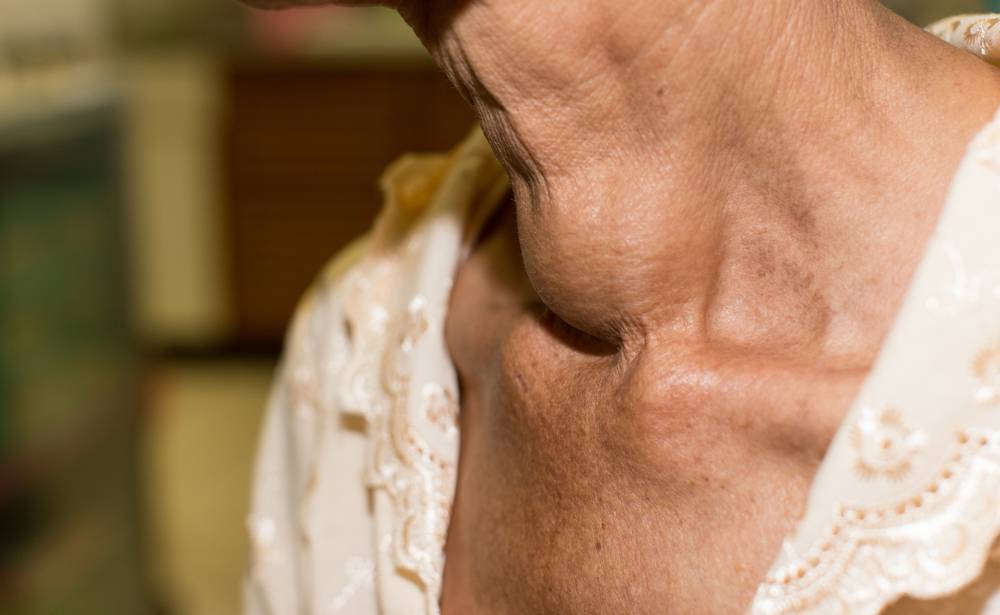Thyroid disease is caused by an increase or decrease in the thyroid hormone levels, which regulate all of the body’s functions.
Dr Ben Ng of Mount Elizabeth Novena Hospital and Arden Endocrinology Specialist Clinic addresses questions around the topic of Thyroid Disease in this article and video.
What are the functions of the thyroid hormone?
This is the energy hormone regulated according to our activities. When we are active during exercise, the thyroid level goes up and down in resting. If the thyroid is not working correctly, it will disturb your whole body. A thyroid function test is vital to detect thyroid disease, but it’s crucial to note that it depends on the condition.
Does an abnormal thyroid level mean I have thyroid disease? No, If you are unwell or stressed and have some illness, you may have an abnormal result.
What are the signs and symptoms of thyroid disease?
If you have a low thyroid level, it will be hypothyroidism, and In this, you will feel tired and depressed, have facial swelling, hair loss, abnormal periods, weight gain, and do not tolerate cold temperatures.
However, if your thyroid level is high, it will be hyperthyroidism; you will have a fast heart rate, tremors, anxiety, increased sweating, hair loss, and feel nervous and unwell.
What are the weight changes that can occur in thyroid disease?
A sudden weight change can also be a sign of thyroid disease. Weight changes can happen in thyroid disease; you commonly tend to gain weight in hypothyroidism and lose weight in hyperthyroidism.
What are the relationships between thyroid diseases and other metabolic diseases such as diabetes?
As earlier said, thyroid disease disturbs the body’s metabolic processes, which means the body is not using energy properly. In underactive thyroid, we use too little energy; in contrast, in hyperactive thyroid, there is too much energy burnt up.
Can thyroid disease lead to diabetes? Indeed, it can be because, if you look at it, diabetes causes problems with sugar metabolism and is a form of energy. In short, diabetes and thyroid both have metabolic issues. Both conditions are linked to the inability to use sugar due to metabolic problems.
Will, my sugar level comes to normal, and my thyroid level comes to normal? If you treat the root cause, thyroid levels, the sugar level will also improve.
How are thyroid diseases being treated?
When you have low thyroid, the simple cure is to replace it. If the thyroid is not working, thyroxin is the best drug, but it’s essential to know the correct amount. The dose varies according to cure and progression; if you are doing more activity and losing weight, that dose changes.
However, because this problem is multifaceted, several therapy options exist for an overactive thyroid. The initial cure option for this is to induce remission or, in other words, initially start oral therapy to get normal thyroid and stop the drugs later. But, if it does not always work, then choose the surgical option. The thyroid gland has to remove to control the condition; in some instances, radiation is to cure the underlying disease.
Is there any dietary advice if I am suffering from thyroid disease?
You can see many diet ideas online but learn a few basic things.
Iodine (overactive thyroid)
The thyroid gland uses iodine to produce thyroxine, but you have the problem of an overactive thyroid. If you take more iodine, your body will produce more thyroid hormone, which is a problem.
But if you are on drugs, this might help you have some iodine products, such as seafood but not too much.
Iodine (underactive thyroid)
Intake does not aid you much in this situation.
Dietary effects on the immune system
Does a balanced diet improve my thyroid function? Many believe their diet affects their antibodies and immune system, which is valid to some extent.
Can a patient with overactive thyroid drink coffee?
Drinking coffee causes a high pulse rate and makes the heart go faster. Whereas in overactive thyroid increasing heat rate is also one side effect.
If you have thyroid disease and drink coffee, you may notice that your heart beats a bit faster. It’s vital to know that first, control your thyroid disease. But moderate coffee intake is not an issue, especially after your thyroid improves.

